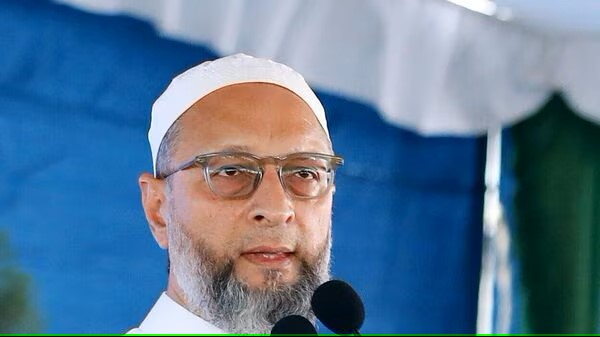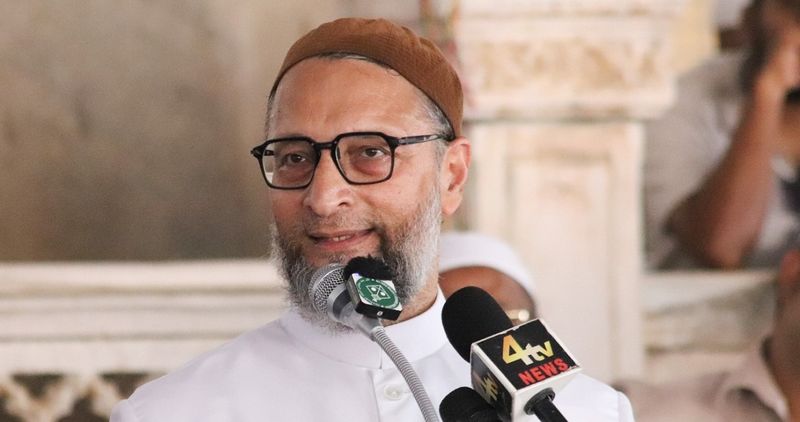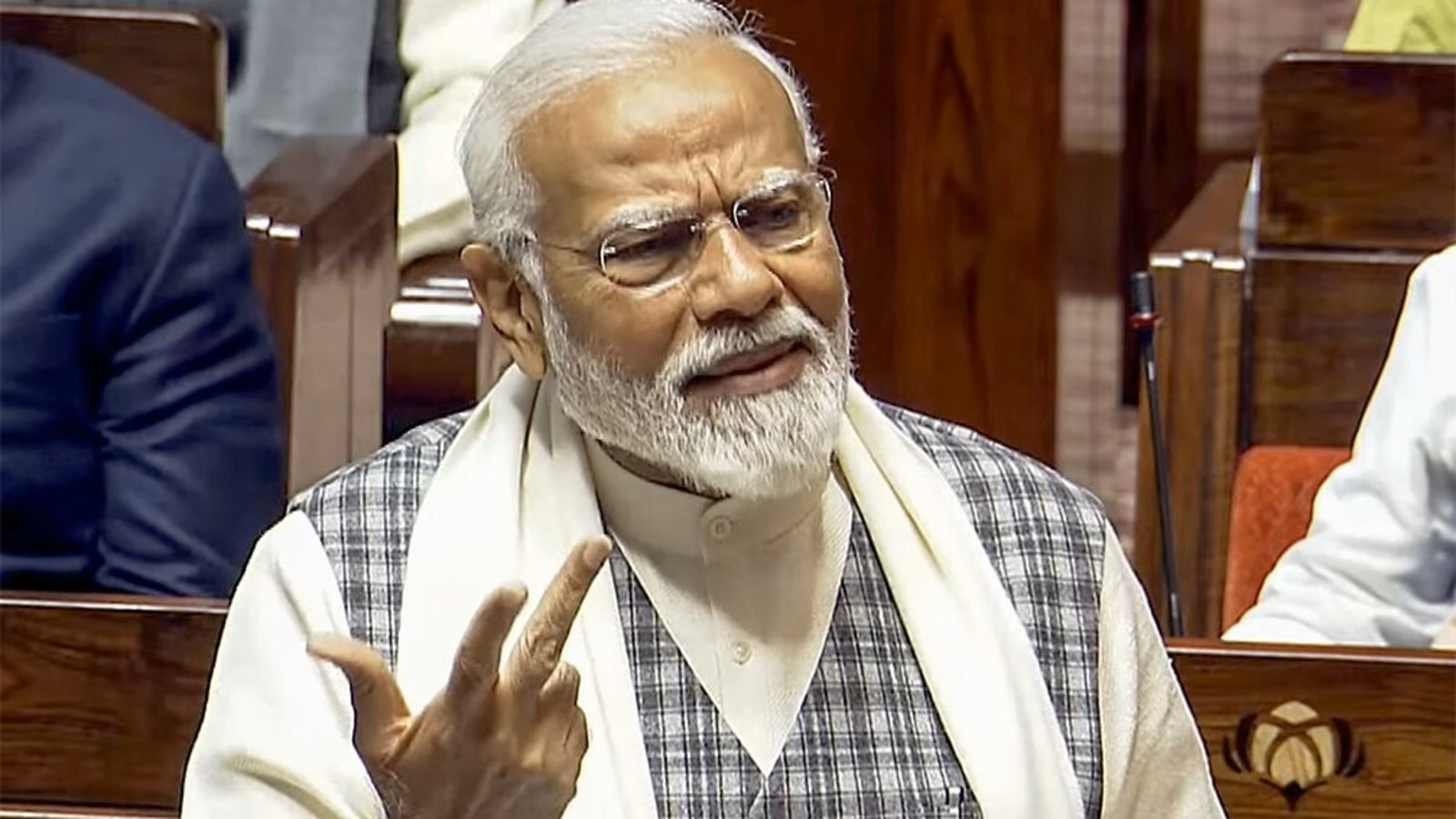During a public meeting in Hyderabad, Lok Sabha MP and AIMIM chief, Asaduddin Owaisi, expressed apprehension regarding the fate of around 1.5 lakh Muslims allegedly excluded from the National Register of Citizens (NRC) list in Assam following the implementation of the Citizenship Amendment Act (CAA).
 Owaisi highlighted the discrepancy in treatment, pointing out Assam CM Himanta Biswa Sarma’s assurance of Indian citizenship under the CAA for the 12 lakh Hindus not listed in the NRC, while questioning the status of the excluded Muslim population.
Owaisi highlighted the discrepancy in treatment, pointing out Assam CM Himanta Biswa Sarma’s assurance of Indian citizenship under the CAA for the 12 lakh Hindus not listed in the NRC, while questioning the status of the excluded Muslim population.
According to Owaisi, the excluded Muslims would be required to prove their lineage dating back to 1962 or even 1951 at the Foreigners’ Tribunal, facing inquiries about their ancestors’ arrival and the presentation of birth certificates. He emphasized that these individuals would be compelled to navigate the legal process at the tribunal.
The AIMIM chief underscored the BJP’s indication of a gradual implementation process, cautioning that unfolding events take time. He challenged Home Minister Amit Shah’s statements regarding the implementation of the National Population Register (NPR) and NRC, emphasizing their mention in both parliamentary sessions and television interviews.
Discussing the NRC exercise in Assam, Owaisi referenced the Supreme Court’s directive for its conduct, resulting in 19 lakh individuals, including 10-12 lakh Hindus and 1.5 lakh Muslims, being omitted from the final list.
While supporting the idea of granting citizenship to persecuted minorities from neighboring countries, Owaisi stressed the importance of a non-religious methodology for such grants. He urged the government to consider citizenship based on persecution rather than religion.
In related developments, the Union Home Ministry released the rules for CAA implementation, aimed at conferring Indian citizenship to persecuted non-Muslim migrants from Bangladesh, Pakistan, and Afghanistan arriving in India before December 31, 2014. Multiple pleas seeking a stay on the implementation of CAA rules are scheduled for hearing in the Supreme Court on March 19, following concerns raised by senior advocate Kapil Sibal.




